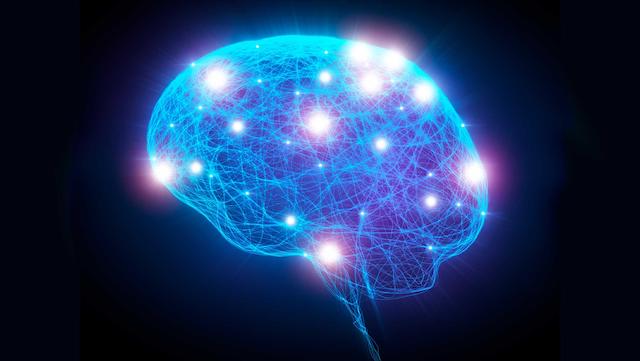
ALS Ice Bucket Challenge Progress


An ALS diagnosis is a devastating diagnosis in and of itself, but to learn your loved one has FTD as well can make it even more challenging to comprehend.
Frontotemporal degeneration or frontotemporal dementia (FTD) refers to a group of disorders that causes progressive damage to the temporal and frontal lobes of the brain associated with personality, behavior and language. Loss of function in this area of the brain can lead to impulsive behavior and speech difficulties. Usually, FTD does not affect the parts of the nervous system that control muscle movement, but about 10-15% of people with FTD also experience motor neuron degeneration called FTD with motor neuron disease (FTD/MND) or FTD with ALS.
Doctors’ and scientists’ knowledge of the connection of these diseases has rapidly grown through genetic discovery, brain imaging studies and biomarker studies. Specifically, researchers were able to confirm the connection between FTD and ALS when the TAR DNA-binding protein 43 (TDP-43) was identified as the central protein in both ALS and the most common type of FTD. Additionally, up to 40% of FTD cases have been found to carry a C9orf72 gene mutation, which is most common in genetic causes of ALS.
In many cases, FTD symptoms are noted prior to the diagnosis of ALS. FTD symptoms may include:
Some helpful recommendations for caregivers include:
While FTD with ALS is rare, current research suggests that up to 50% of people with ALS might experience some degree in change in thinking and behavior. It is important for all who are impacted by ALS to know that cognitive impairment is possible and how to help those affected adjust to the changes.

An ALS diagnosis is a devastating diagnosis in and of itself, but to learn your loved one has FTD as well can make it even more challenging to comprehend.
Frontotemporal degeneration or frontotemporal dementia (FTD) refers to a group of disorders that causes progressive damage to the temporal and frontal lobes of the brain associated with personality, behavior and language. Loss of function in this area of the brain can lead to impulsive behavior and speech difficulties. Usually, FTD does not affect the parts of the nervous system that control muscle movement, but about 10-15% of people with FTD also experience motor neuron degeneration called FTD with motor neuron disease (FTD/MND) or FTD with ALS.
Doctors’ and scientists’ knowledge of the connection of these diseases has rapidly grown through genetic discovery, brain imaging studies and biomarker studies. Specifically, researchers were able to confirm the connection between FTD and ALS when the TAR DNA-binding protein 43 (TDP-43) was identified as the central protein in both ALS and the most common type of FTD. Additionally, up to 40% of FTD cases have been found to carry a C9orf72 gene mutation, which is most common in genetic causes of ALS.
In many cases, FTD symptoms are noted prior to the diagnosis of ALS. FTD symptoms may include:
Some helpful recommendations for caregivers include:
While FTD with ALS is rare, current research suggests that up to 50% of people with ALS might experience some degree in change in thinking and behavior. It is important for all who are impacted by ALS to know that cognitive impairment is possible and how to help those affected adjust to the changes.